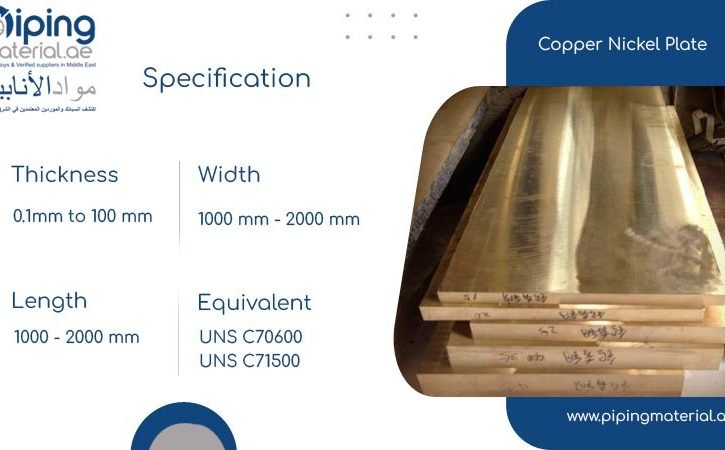Introduction :
A193 Grade B7 bolts are widely used in various industries due to their exceptional strength and performance characteristics. As a high-strength alloy steel bolt, Grade B7 offers excellent resistance to heat, pressure, and corrosion. In this blog post, we will delve deeper into the composition, mechanical properties, and applications of A193 Grade B7 bolts. By understanding the strength and performance of these bolts, professionals and enthusiasts can make informed decisions when selecting fasteners for critical applications.
Composition and Manufacturing :
A193 Grade B7 bolts are manufactured from a chromium-molybdenum alloy steel known as AISI 4140. The composition typically consists of 0.37-0.49% carbon, 0.65-1.10% manganese, 0.75-1.20% chromium, 0.15-0.25% molybdenum, and trace amounts of other elements. This alloy composition provides Grade B7 bolts with exceptional tensile strength, yield strength, and hardness.
The manufacturing process for A193 Grade B7 bolts involves hot forging and heat treatment. Hot forging ensures a uniform grain structure and enhances the mechanical properties of the bolts. Subsequently, heat treatment processes like quenching and tempering are employed to achieve the desired strength and toughness.
Mechanical Properties :
A193 Grade B7 bolts exhibit impressive mechanical properties, making them suitable for high-stress applications. Copper nickel plate The bolts possess a minimum tensile strength of 125,000 psi and a minimum yield strength of 105,000 psi. This high tensile strength enables Grade B7 bolts to withstand substantial loads and resist deformation or failure under extreme conditions.
Moreover, Grade B7 bolts offer excellent hardness, typically ranging from 248 to 302 HB (Brinell hardness). This hardness level ensures durability and prevents the bolts from easily shearing or wearing down when subjected to intense pressure or friction.
Furthermore, A193 Grade B7 bolts have favorable impact properties, allowing them to withstand sudden shock or vibration loads without catastrophic failure. The bolts exhibit a minimum Charpy V-notch impact value of 20 ft-lb at -20°F, which is crucial for applications where resistance to sudden dynamic forces is required.
Applications :
A193 Grade B7 bolts find extensive use in industries such as oil and gas, petrochemical, power generation, and construction. Their exceptional strength and performance make them suitable for critical applications where safety and reliability are paramount.
In the oil and gas industry, Grade B7 bolts are employed in various components, including flanges, valves, and pressure vessels. These bolts provide the necessary integrity and strength to secure these critical equipment, ensuring leak-free operations and preventing accidents.
In the petrochemical industry, Grade B7 bolts are utilized in piping systems, reactors, and heat exchangers. The high tensile strength and corrosion resistance of these bolts enable them to withstand harsh environments and chemical exposures, ensuring the integrity of the equipment.
Within the power generation sector, A193 Grade B7 bolts are commonly used in turbines, generators, and steam boilers.Copper nickel plate These bolts are capable of withstanding high temperatures and pressures, thereby ensuring the safe and reliable operation of power plants.
In the construction industry, Grade B7 bolts are employed in structural applications such as bridges, buildings, and steel frameworks. The strength and toughness of these bolts allow them to endure heavy loads and external forces, providing stability and structural integrity.
Conclusion :
A193 Grade B7 bolts offer remarkable strength and performance, making them indispensable in numerous industries.Copper nickel plate The alloy composition, precise manufacturing processes, and exceptional mechanical properties of these bolts contribute to their ability to withstand high stresses, temperatures, and corrosive environments. Understanding the strength and performance of A193 Grade B7 bolts empowers professionals to select the appropriate fasteners for their specific applications, ensuring the safety, reliability, and longevity of critical equipment and structures.








